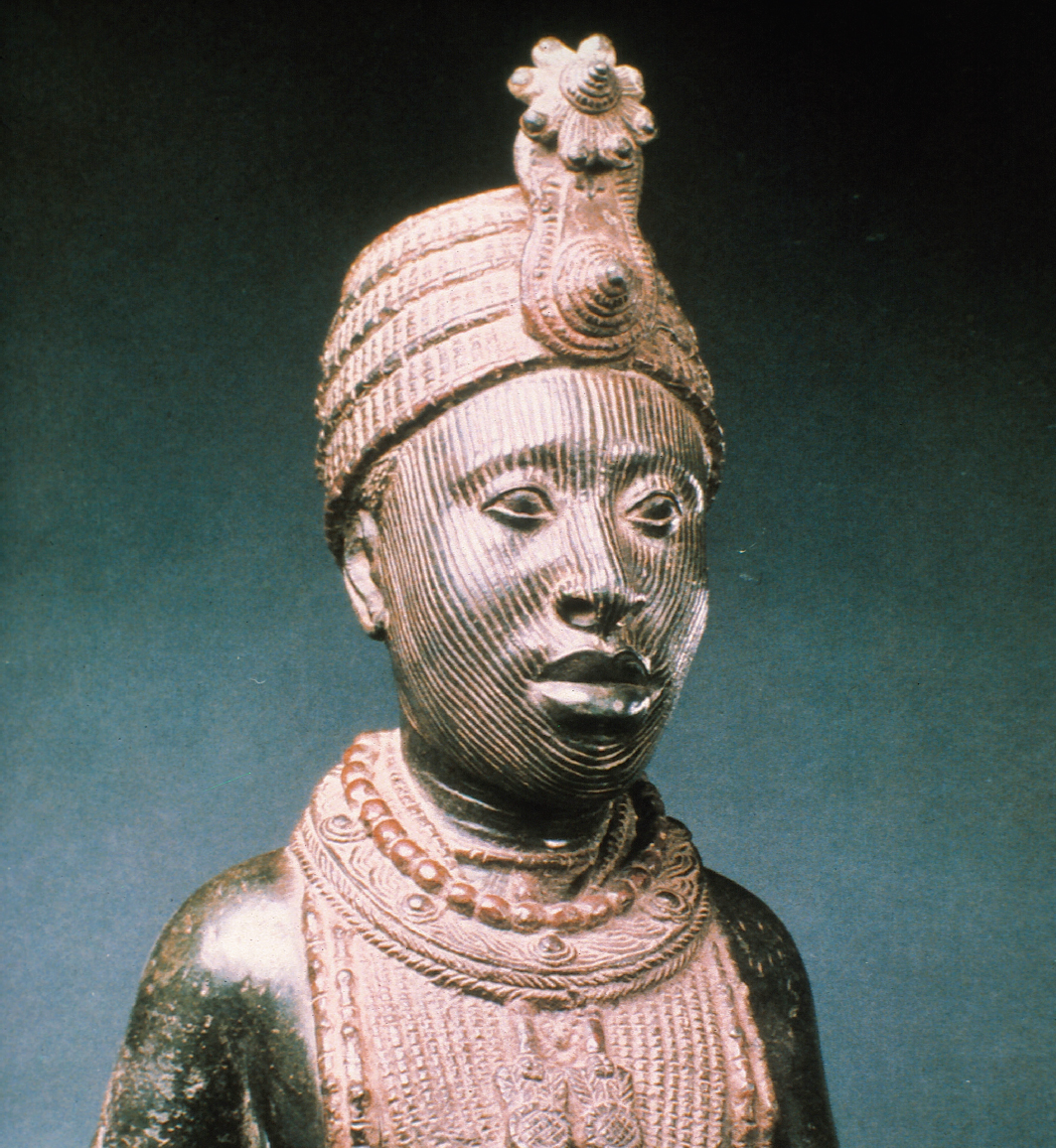Introduction for Chapter 10
10 African Societies And Kingdoms 1000 B.C.E.–1500 C.E.
> What role did trade play in the development of African kingdoms and empires? Chapter 10 examines Africa’s history to 1500. Between about 400 and 1500 highly centralized, bureaucratized, and socially stratified civilizations developed in Africa alongside communities with looser forms of social organization that were often held together through common kinship bonds. In West Africa several large empires closely linked to the trans-

LearningCurve
After reading the chapter, use LearningCurve to retain what you’ve read.
| ca. 1000 B.C.E.–1500 C.E. | ca. 900– |
| Bantu- |
Kingdom of Ghana; bananas and plantains arrive in Africa from Asia |
| ca. 600 C.E. | ca. 1100– |
| Christian missionaries convert Nubian rulers | Great Zimbabwe is built, flourishes |
| 639– |
ca. 1200– |
| Islam introduced to Africa | Kingdom of Mali |
| 642 C.E. | ca. 1312– |
| Muslim conquest of Egypt | Reign of Mansa Musa in Mali |
| 650– |
1314– |
| Slave trade from sub- |
Reign of Amda Siyon in Ethiopia |
| 700– |
1324– |
| Berbers develop caravan routes | Mansa Musa’s pilgrimage to Mecca |